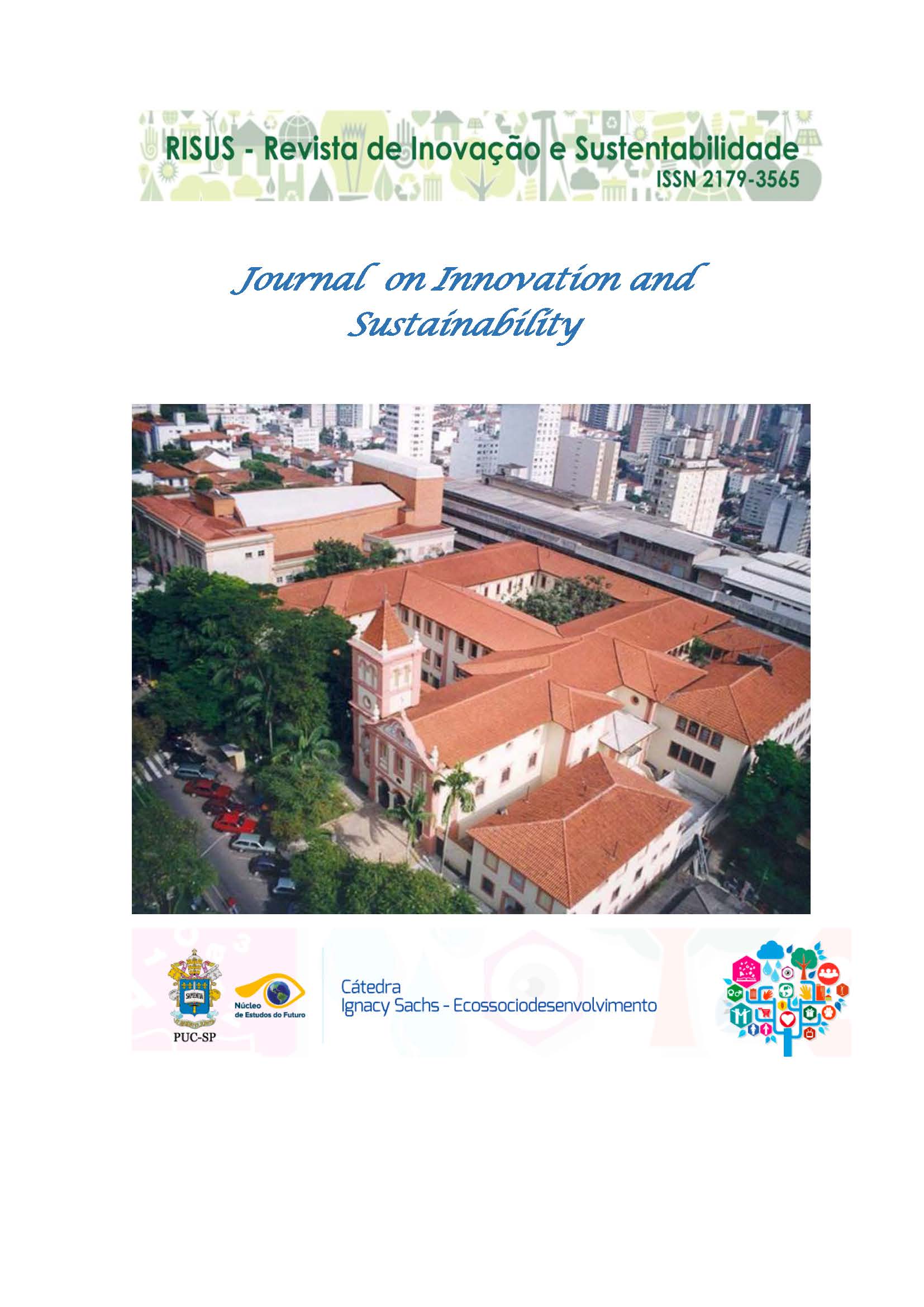Innovating data structures education with the Solitaire project and development of socio-emotional and Soft Skills
DOI:
https://doi.org/10.23925/2179-3565.2024v15i2p163-176Keywords:
Education, Soft Skills, Socioemotional, Technology, InnovationAbstract
This article introduces an innovative educational approach that combines the teaching of Data Structures with the development of socio-emotional skills. The methodology is exemplified in a case study conducted in computer science and computer engineering courses. The study involved creating a digital version of a traditional card game, with an emphasis on understanding the game's concepts and their transposition to computational data structures. The results demonstrated that this innovative approach, in addition to enhancing students' computational academic performance, also allowed for the practical application of this knowledge in their personal and professional lives. Furthermore, many students reported improvements in their quality of life and interpersonal skills, underscoring the importance of incorporating the development of socio-emotional skills into the teaching of technical concepts. This approach demonstrates an effective educational model that transcends the boundaries of the classroom, preparing students not only for academic success but also for a fulfilling and successful life.
References
Adipat, S. et al., 2021. Engaging students in the learning process with game-based learning: the fundamental concepts. International Journal of Technology in Education (IJTE), pp. P. 542-552.
Angeli, C. & Giannakos, M., 2020. Computational thinking education: issues and challenges. Elsevier Computers in Human Behavior, Volume vol. 105.
Behnamnia, N., Kamsin, A., Ismail, M. A. B. & Hayati, S. A., 2023. A review of using digital game-based learning for preschoolers. Journal of Computer in Education, pp. p. 602-636.
Chen, C.-C. & Tu, H.-Y., 2021. The effect of digital game-based learning on learning motivation and performance under social cognitive theory and entrepreneurial thinking. Frontiers in Psychology, Volume vol. 12.
Cormen, T. H., Leiserson, C. E., Rivest, R. L. & Stein, C., 2022. Introduction to Algorithms. 3rd edition ed. Massachusetts: MIT Press - Massachusettts Institute of Technology.
Dicheva, K. D. et al., 2020. Gamifying computer science courses with oneup learning. SIGCSE'20 - Proceedings of the 51st ACM Tecnhnical Symposium on Computer Science Education, 26 February, p. 1391.
Ferrari, R., Ribeiro, M. X., Dias, R. L. & Falvo, M., 2014. Estruturas de Dados com Jogos. Elsevier, 1a. Edição.
Freire, P., 1992. Pedagogia da Esperança: um reencontro com a Pedagogia do Oprimido. Rio de Janeiro: Paz e Terra.
Kaur, N. & Geetha, G., 2015. Play and Learn DS: interactive and gameful learning of data structure. International Journal of Technology Enhanced Learning, Volume Vol 7, pp. pages 44-56.
Kazimoglu, C., 2020. Enhancing confidence in using computational thinking skills via playing a serious game: a case study to increase motivation in learning computer programming. IEEE ACCESS, Volume vol. 8, pp. pp. 221831-221851.
Laine, T. H. & Lindberg, R. S. N., 2020. Designing engaging games for education: a systematic literature review on game motivators and design principles. EEE Transactions on Learning Technologies, Volume vol. 13, pp. pp. 804-821.
Mullen, J., Milechin, L. & Reuther, A., 2019. Cultivating professional technical skills and understanding through hands-on online learning experiences. 2019 IEEE Learning With MOOCS (LWMOOCS), pp. pp. 150-155.
Pereira, C. & Coutinho, D. J. G., 2023. Pesquisa qualitativa na área da educação. Revista Ibero-Americana de Humanidades, Ciências e Educação, pp. pp. 992-1001.
Ponce, B. J., 2018. O Currículo e seus dessafios na escola pública brasileira: em busca da justiça curricular. Currículo sem Fronteiras, n. 3 v. 18, pp. p. 785-800.
Rachid, L. & Hassan, A., 2020. Game-based learning and gamification to improve skills in early years education. Computer Science and Information Systems, Volume v. 17, pp. p. 339-356.
Vahldick, A., Farah, P. R., Marcelino, M. J. & Mendes, A. J., 2020. A blocks-based serious game to support introductory computer programming in undergraduate education. Elsevier: Computers in human behavior reports, Volume vol. 2.
Wu, Y., Li, Z., Li, U. & Liu, Y., 2021. Teaching reform and research of data structure course based on Boppps model and Rain classroom. ICPCSEE 2021. Communications in Computer and Information Science, Volume 1452.
Xin-Ai, X., Li-Na, W. & Chun-Ying, Q., 2021. Teaching quality evaluation of "data structure" courses based on principal component analysis and support vector machine. 2021 International Conference on Computer Engineering and Artificial Intelligence (ICCEAI), pp. pp. 431-435.
Yan, Y., Wang, H., Liu, G. & Huang, W., 2022. SPOC Project teaching research based on steam education concept: takes the secondary vocation school "data structure" course as an example. 2022 IEEE Intl Conf on Dependable, Autonomic and Secure Computing, Intl Conf on Pervasive Intelligence and Computing, Intl Conf on Cloud and Big Data Computing, Intl Conf on Cyber Science and Technology Congress , pp. pp. 1-5.
Zhang, J., Atay, M., Caldwell, E. R. & J., J. E., 2015. Reinforcing Student Understanding of Linked List Operations

Downloads
Published
Issue
Section
License
This Journal is licensed under a Creative Commons Attribution-Non Commercial-No Derivers 4.0 International license.
1.The author (s) authorize the publication of the article in the journal;
2.The author (s) warrant that the contribution is original and unpublished and is not in the process of being evaluated in other journal (s);
3. The journal is not responsible for the opinions, ideas and concepts emitted in the texts, as they are the sole responsibility of its author (s);
4. The editors are entitled to make textual adjustments and to adapt the articles to the standards of publication.

